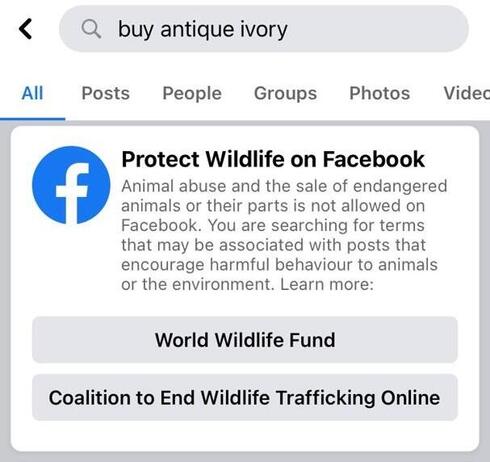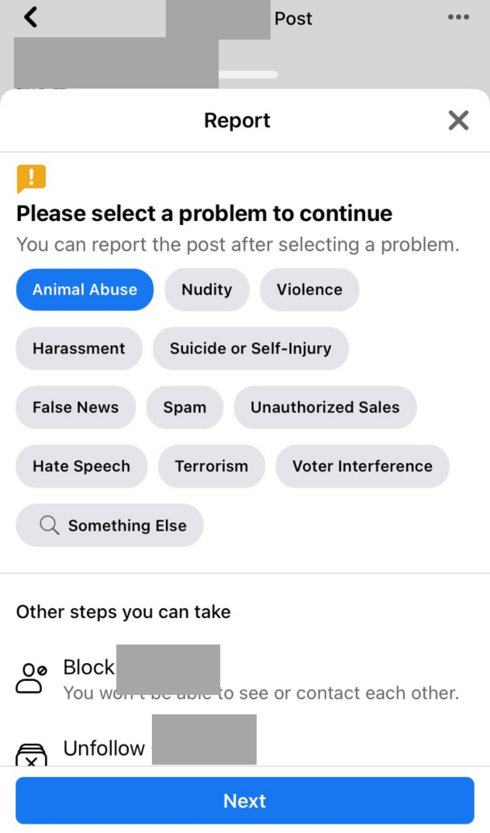The trade in endangered species is pervasive on social media platforms where sellers can display live animals and products for sale through pictures and videos. Closed groups process transactions and operate through private messaging, making buyers and sellers difficult to identify and the enforcement of prohibited content a challenge. Wanting to better understand the global landscape of wildlife trafficking and the role that social media platforms inadvertently play in facilitation, Facebook and Instagram joined as members of the Coalition to End Wildlife Trafficking Online in 2018.
Through the Coalition to End Wildlife Trafficking Online, 37 global online companies have removed or blocked over 3.3 million prohibited wildlife listings on their respective platforms. This effort has unified the tech sector and enabled immense learning and sharing of best practices for cracking down on illegal wildlife trade online. While this number is impressive, it only scratches the surface of the progress needed to keep wildlife offline and in the wild.
“Every day, the choices we make can have a profound impact on nature. And, this time of year is the perfect time to reflect on how our actions and particularly, our purchases, affect our planet. Be informed and help save nature by avoiding choices that harm wild animals,” says Crawford Allan, Senior Director, TRAFFIC at WWF-US. “Instead of opting for a live animal or wildlife product that could threaten a species in the wild, why not choose a sustainable wildlife plush toy or art depicting wildlife, that you can take home knowing it helps protect wildlife and the environment”.
The Internet, in particular social media platforms, will never be completely free of illegal wildlife products for sale given their fluidity and anonymous nature. However, by working closely with online companies like Facebook on such efforts, WWF and partners are helping to embed long-term solutions into processes and protocols across the tech industry that protect wildlife. Now, people on Facebook have the chance to play a role in reporting suspicious posts and to be a voice in the fight for wildlife conservation.


